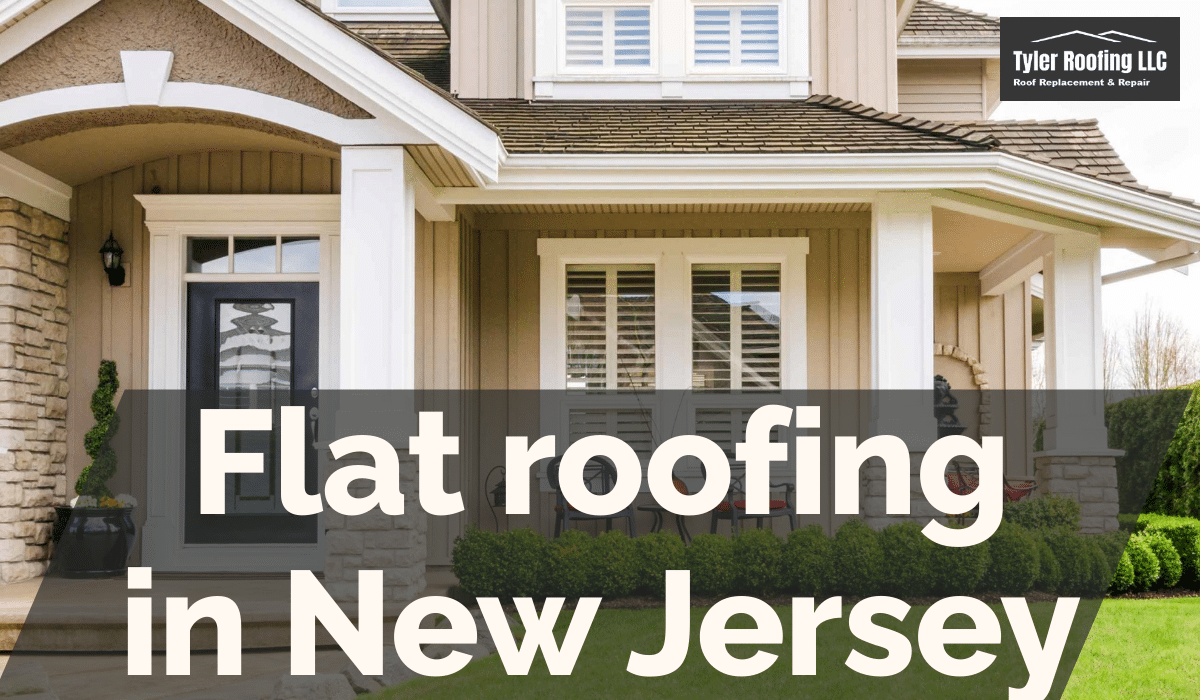Flat roofing is gaining popularity in New Jersey for its modern aesthetics and practicality. This article will guide you through the benefits, the materials commonly used, and frequently asked questions about flat roofing in New Jersey.
Benefits of Flat Roofing
Flat roofing isn’t just about the style; it brings several advantages to homeowners:
-
Maximized Space: The flat surface can be used for various purposes like a rooftop garden, solar panels, or an outdoor living area.
-
Cost-Effective: Flat roofs generally cost less than traditional sloped roofs due to less material usage and easier installation.
-
Easy Maintenance: Flat roofs are easier to inspect and clean due to their accessibility.
Common Materials for Flat Roofing
Wide range of materials can be used in flat roofing. Here are the most commonly used materials:
-
TPO (Thermoplastic Olefin): Known for its resistance to UV light and heat, highly energy efficient.
-
EPDM (Ethylene Propylene Diene Monomer): Highly durable synthetic rubber roofing material.
-
Built-Up Roof: A traditional hot-tar-and-gravel roof, very durable and cost-effective.
Frequently Asked Questions
Is flat roofing durable?
Yes, if properly installed and maintained, a flat roof can last up to 30 years.
Are flat roofs more prone to leaks?
No, a proper drainage system can efficiently prevent water accumulation and leakage.
Will a flat roof support weight?
Yes, a well-constructed flat roof can support adequate weight depending on the materials used and construction style.
Conclusion
Flat roofing is a superb choice for a modern, practical, and cost-effective roofing solution, especially in New Jersey. Choosing the right material and ensuring proper installation and maintenance can provide a long-lasting, functional, and aesthetically pleasing rooftop for homeowners.

